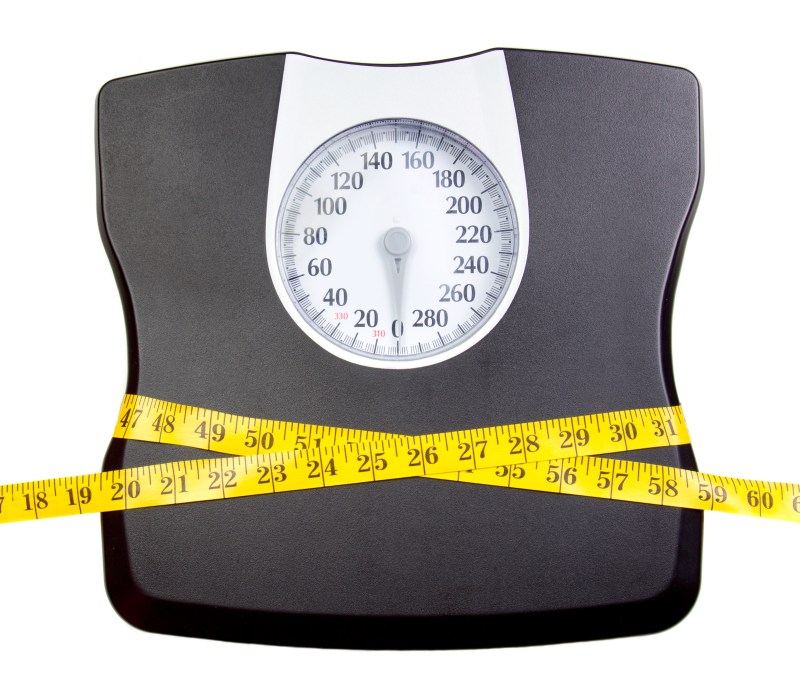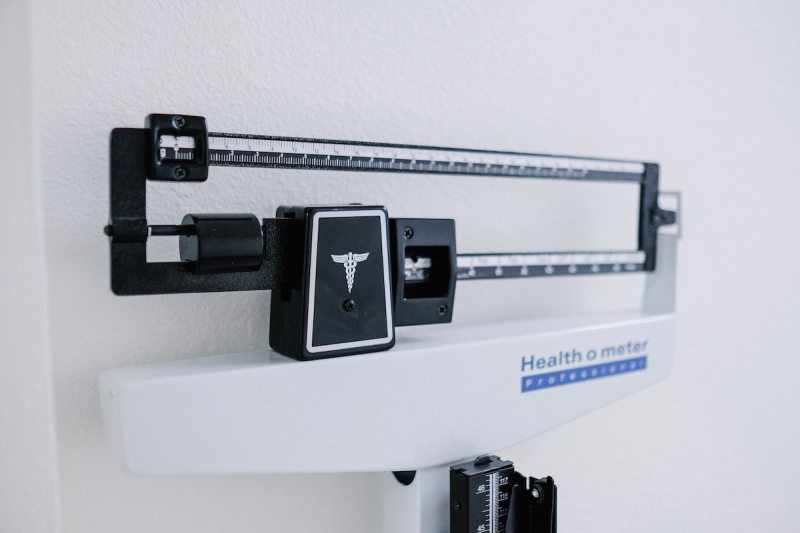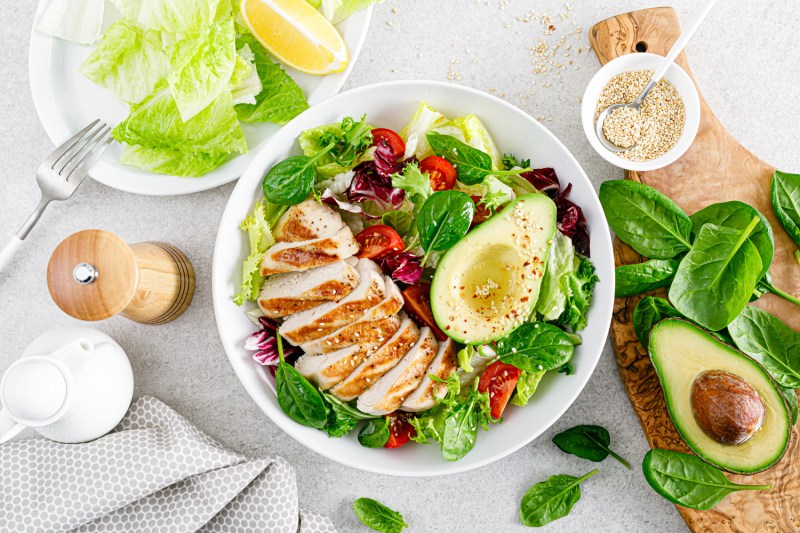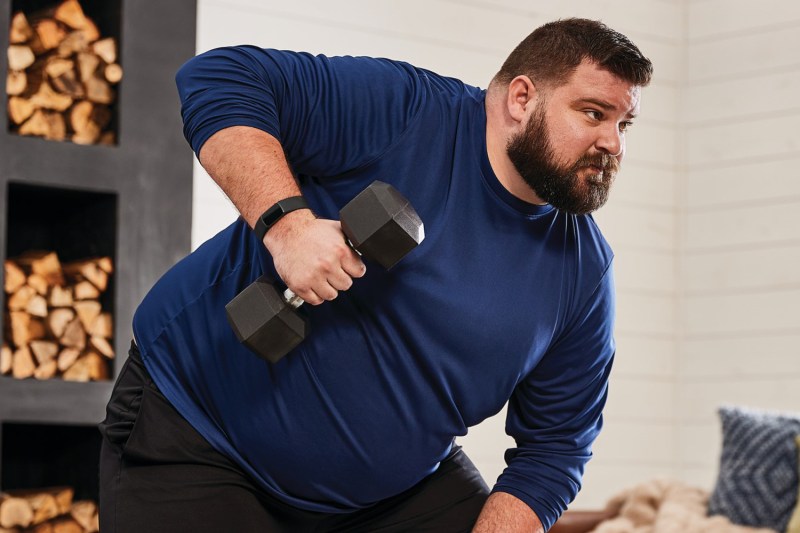
Realizing your goals quickly always sounds amazing. This is especially true when it comes to wanting to learn how to lose weight fast. You hear stories about quick results and would like that yourself. Unfortunately, in practice, quick weight loss programs don’t always match expectations.
For many people, it’s not possible to lose weight quickly. This might be due to age, body composition, amount of physical activity, genetics, and other factors. For some, weight gain is not just the result of calories in calories out or not doing enough weight loss exercise. It might take experimentation and a doctor’s help to understand the causes and address them.
You may burn out if you restrict your calories through extreme means or exercise too much. When that happens, people typically gain back all the weight they lost, plus some. Improving your eating habits and maintaining an active lifestyle are the best ways to lose weight and live a healthier life.

What are the benefits of weight loss?
There are numerous great reasons to get into shape and lose weight, such as the following:
- Feeling better mentally and physically
- Pain management
- Disease prevention
- Lower blood pressure
- Improved insulin resistance
- Lower triglyceride levels
- Improved mobility
- Better sex
- Better sleep
- Improved self-esteem
What exercises burn the most calories?
The U.S. Department of Health and Human Services recommends these exercises for burning the most calories in active adults.
Aerobic activity
Spend at least 150 minutes each week doing moderate aerobic activity or 75 minutes a week doing vigorous aerobic activity. Combining both is another excellent way to lose weight. This shouldn’t happen all in a day or two. Instead, spread it out over a week.
Moderate aerobic activity includes walking briskly, swimming, riding your bike, or mowing the lawn. Vigorous aerobic activity includes running, cycling up mountains or hills, and aerobic dancing.
Strength training
Work out your core muscle groups with strength training exercises at least twice a week. Use a weight or resistance level heavy enough to tire your muscles after approximately 12 to 15 repetitions. This can also include using weight machines, your body weight, or activities such as yoga, pilates, or rock climbing.
Generally, you should aim for at least 30 minutes of physical activity every day. However, you may need to exercise more to lose weight and maintain it.

Can you lose weight without exercising?
Doctors recommend exercising every day to stay healthy and fit, but yes, you can lose weight without exercising. Here’s how.
1. Count calories
Keep track of your food intake over long periods, as it’s impossible to master calorie control without it. Begin by estimating how many calories you burn each day while resting. Several online calculators or food-tracking apps can help.
Then track what you eat and drink every day. This includes cheat meals and bad days, holidays, and weekends. You will begin to see patterns and understand your eating habits, which will in turn lead you to make better eating decisions.
2. Pay attention to portions
When eating at restaurants without nutrition labels, guessing correctly about calories can be difficult. Even when you have access to a nutrition facts label, eyeballing the number of calories might be hit or miss.
Rather than guessing, use measuring cups or learn how to weigh your food. Eating out isn’t easy, but most restaurants provide calories for each dish. While it’s not always exact, use that information to get a better idea of how much you’re consuming based on how much of your meal you eat.
3. Omit empty calories
Swap out certain foods to cut calories without even feeling it. When you choose foods that supply energy but not nutrition, you’re taking in a bunch of empty calories, so omit them from your diet to make room for better choices.
This includes processed foods high in sugar and salt, sweetened drinks, and junk food. Look at what you eat daily to see where you can eliminate bad options. Some ideas include the following:
- Cooking spray instead of saturated poured oils
- Baked or roasted options rather than fried
- Thinner pizza rather than deep dish
- Eating healthy snacks
- Mustard instead of mayo
- Hot sauce or mild salsa instead of ketchup
- Vinaigrettes instead of creamy dressings
- Skim milk instead of whole milk
4. Choose foods that fill you up
When you’re hungry, you eat more. Many foods can help you feel fuller longer and better control your appetite. These include food high in protein, fiber, and healthy fats. Choose meals with meat, seafood, beans, or tofu. Fruits, vegetables, and whole grains come with plenty of fiber. Healthy fats can be found in avocados, nuts, and so much more!
5. Stay hydrated
As often as possible, stick with water over soda and other sweetened drinks. Water doesn’t come with calories, and it also aids in metabolism and digestion to burn fat more effectively. It also fills you up. Consider zero-calorie fruit-flavored or carbonated water if you get bored with regular water.
6. Sleep more
Without sleep, keeping your willpower in check and eating less can be challenging. Inadequate sleep can also interfere with your metabolism and hormones, especially those that signal to your brain that you need more food.
Try to get at least seven to nine hours of uninterrupted sleep each night. This will also help you reduce stress and potentially be less prone to depression. If you have to choose between exercise and a good night’s sleep, your body and hormones need rest more than anything.
7. Find balance
Choose a diet that makes sense for you with healthy foods you enjoy eating without too many restrictions initially. In addition, you want a way of eating that is sustainable and something you can stick with for a long time to come. Cutting too many calories too quickly creates a yo-yo diet cycle that will bring the weight back. It also increases hunger and cravings that are difficult to control.
Instead, make smaller changes for a more significant impact and create healthier habits that stick with you. Don’t overhaul your life all at once. Find a healthy balance, like some substitutions and smaller portions, that can be mastered quickly and built upon. This will truly transform your weight and health.
8. Make a plan
At the beginning of each week, take some time to create a meal plan. Think about what you’ll need for healthy meals each day. Then, consider your preferences, budget, work schedule, and tastes.
If you have the time, meal prepping is also a great idea. Take one day to cook and store all the meals for the upcoming week. It limits the amount of time you’ll eat on the run, which causes most people to choose junk food for convenience. This will also cut down on overeating because when you’re hungry, the food is ready to eat.

How can I lose weight fast?
Try one of these diets
Following a specific diet isn’t necessary for you to achieve weight loss, but some people prefer the structure of following rules of a specific diet to keep them on track. Everyone responds differently, but here are some popular diets that could help you lose weight fast.
- Atkins diet
- Keto diet
- Flexitarian diet
- Mediterranean diet
Does fasting help you lose weight?
Many studies show that intermittent fasting helps people lose weight. A typical loss of seven to 11 pounds over ten weeks isn’t unusual. Keep in mind that different studies use different styles of intermittent fasting. Everyone is unique, so lean people might have options that differ from obese people.

Precautions for losing weight
The safest route for most people is to lose one to two pounds per week. This kind of weight loss is easier to sustain. It’s more challenging to keep the weight off if you choose a drastic weight loss program that sees you losing weight quickly.
You should also ask your doctor the following questions:
- What kind of goals should I consider?
- What are my risks when following a weight loss program?
- What BMI is appropriate for me?
- What should I do when craving junk food?
- Do you recommend supplements?
- Would you recommend a nutritionist or dietitian?
- What kind of support groups would you suggest?
- How can I maintain a healthy weight over the long term?

Avoid these common mistakes when trying to lose weight
We hope our weight loss tips will be useful to you as you embark on your weight loss journey for the new year. As you get started, it’s very important to avoid making some of these common mistakes, which will impede your weight loss.
- Don’t focus on the scale: A person’s body weight can fluctuate between 2 and 4 pounds over several days. The numbers on the scale might not be changing; however, you could still be losing fat but retaining water. You’re better off measuring your waist and comparing photos of yourself from month to month to gauge your progress.
- Don’t exercise too much: Trying to force weight loss by overexercising is not a sustainable or effective method.
- Hit the weights: Losing weight is not just about cardio. Lifting weights can help increase your metabolism, which helps in weight loss.
- Don’t rely on low-fat or “diet” foods: Most of the time, those foods are loaded with sugar to improve their taste, and they can also make you feel hungrier. You’re better off choosing more nutritious foods that are minimally processed.



